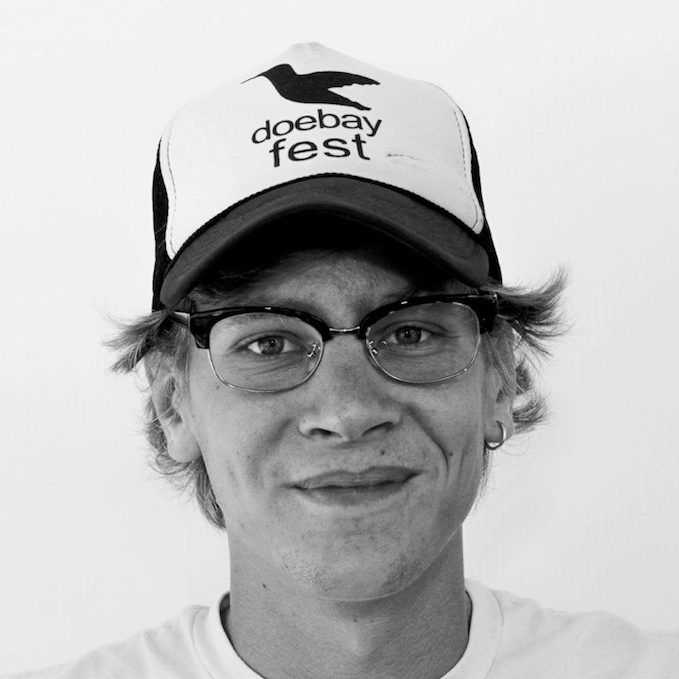Alaska Governor Mike Dunleavy’s proposed state budget would stop a tax revenue sharing plan that would take away about USD 28 million (EUR 24.7 million) in tax revenue from commercial fishing for coastal communities in the state, according to a KUCB radio report.
Alaska collects tax from fisheries, colloquially referred to as a “raw fish tax.” Typically, half the proceeds of the taxes are shared with the city where the fisheries are based.
Alaska has a USD 1.6 billion (EUR 1.4 billion) state budget and, in his budget proposal, the governor is looking to make deep cuts to help close the gap. His proposal also would make dramatic cuts in Alaska’s education and healthcare funding. The budget would not include new taxes.
“The message [the governor is] sending is that we’re out of time and we’re out of money,” Matt Shuckerow, Dunleavy’s press secretary, told the radio station.
Cordova Mayor Clay Koplin said he opposes Dunleavy’s move, which he said would deprive the city of much-needed revenue. The city has the largest fishing fleet in the state and relies on the raw fish tax revenue for more than 11 percent of its expenses.
“We [already] made significant cuts, largely in response to prior cuts by the state,” Koplin said.
Some Alaskan cities rely on the tax even more than Cordova. Unalaska, for example, receives around 27 percent of the city’s revenue from the tax.
“This would be kind of devastating for us, by losing that revenue. This is going to be a major hit and naturally we’re going to scream bloody murder about it,” Unalaska Mayor Frank Kelty said. “[For] these smaller communities, fisheries tax is a big part of their budget.”






